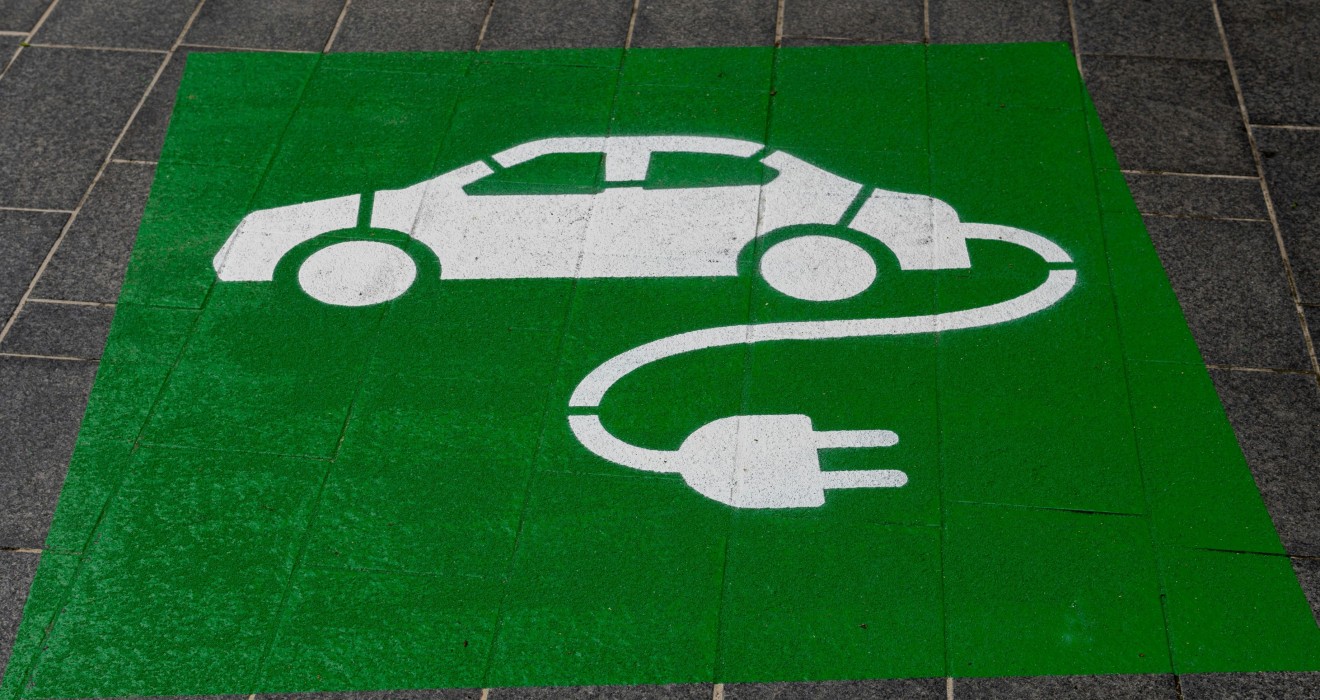We are in the midst of a green revolution. Governments, companies and individuals around the world are embracing green initiatives, from renewable energy to using less plastic, in a bid to curb the ongoing global warming crisis.
A movement in movement
A major part of this move towards greener, more sustainable technologies is reducing our reliance on fossil fuels to power vehicles. In recent years, hybrid and electric cars have become a far more common sight on our roads, and with major manufacturers such as BMW, Hyundai and Volkswagen prioritising the development of ‘clean’ cars, it’s a trend that shows no signs of stopping.
Hybrids and electric vehicles accounted for approximately 5.5 percent of all new UK cars during the first half of 2018, which is a pretty significant increase compared to the 4.2 percent that was seen during the same six-month period in 2017.
It’s a trend that governments around the world are keen to promote, and the UK’s Department for Transport has recently announced an unusual plan to encourage more people to drive ultra-low emission vehicles.
[https://www.gov.uk/government/news/green-number-plates-for-clean-vehicles]
Green plates
Clean cars, vans, and taxis could very soon have green plates attached to them if a government consultation is given the nod. Such plates, which are already being used - and have proved successful - in countries such as Norway and China, will not only allow drivers to show that they are taking a sustainable approach to driving, but will likely give them access to low emission lanes, as well as access to dedicated low-emission zones.
When will this happen?
Although the initial consultation around the green plates took place at the beginning of September, there has been no official announcement from any government official as to whether the new number plates will be introduced. This is likely due to the fact that Brexit negotiations, as well as Philip Hammond’s latest budget, have been pushed to the top of many MPs’ agendas.
However, with that being said, such an initiative would not take long to implement. In the Netherlands, the personal number plates were on the road less than a year after the initial proposal was passed, so it could be that by November 2019, we will see a new addition to the UK’s number plate family.
Other hurdles to green car ownership
According to a study carried out by the RAC, many people admit they would be willing to purchase an electric car as their next vehicle, but have concerns about the availability and quality of charging points. Similarly, an AA study found that eight out of 10 people would consider driving an electric car if there was greater access to charging points.
The green revolution looks set to continue, but it would seem that there is still much to be done before ‘clean’ cars become the majority.
Photo by Michael Marais on Unsplash

